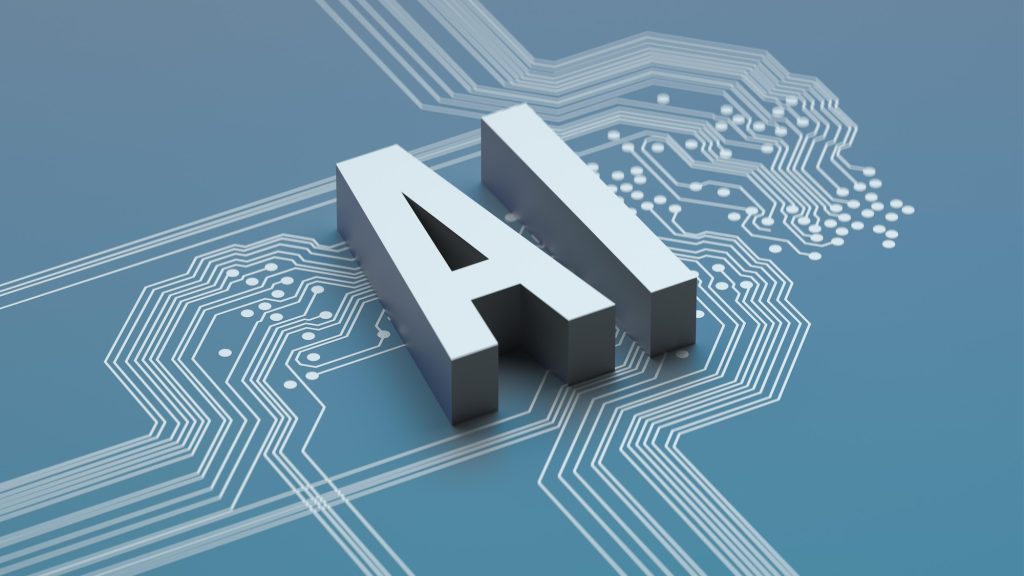US National AI Advisory Committee releases first report
The National Artificial Intelligence Advisory Committee (NAIAC) has presented its first report to the president and has established a subcommittee focused on Law Enforcement to research the use of AI in criminal justice.

The National Artificial Intelligence Advisory Committee (NAIAC) has submitted its initial report to the president, marking a significant milestone in the advancement of AI technology in the United States. In response to the growing influence of AI in various sectors, the committee has undertaken key initiatives, including the formation of a Law Enforcement Subcommittee to study the usage of AI technologies in the criminal justice system. The NAIAC has also completed plans to reorganise its working groups to better investigate the effects of AI on labor, equity, society, and other relevant topics.
The report proposes actions that the government of the United States can undertake to maximise the benefits of AI technology while minimising its negative impacts. These include new measures to reinforce US leadership in trustworthy AI, novel research and development (R&D) initiatives, enhanced global collaboration, and targeted support for the US workforce in the age of AI. Furthermore, the report outlines priority areas for the National AI Advisory Committee (NAIAC) for the next two years, specifically focusing on rapidly evolving AI domains, such as generative AI.
US Deputy Secretary of Commerce Don Graves emphasised the need for swift action in keeping up with the development of AI technology. He acknowledged the potential benefits of AI in fields such as healthcare and education but emphasised the importance of balancing innovation with risk. Graves expressed optimism about establishing trustworthy and inclusive AI and looks forward to considering the committee’s recommendations.
The NAIAC also plans to explore AI impacts on society, workforce, equity, and more via realigned working groups. The committee focuses on AI futures, work and workforce, regulation, education, generative AI, rights, international collaboration, procurement, and the economy.
